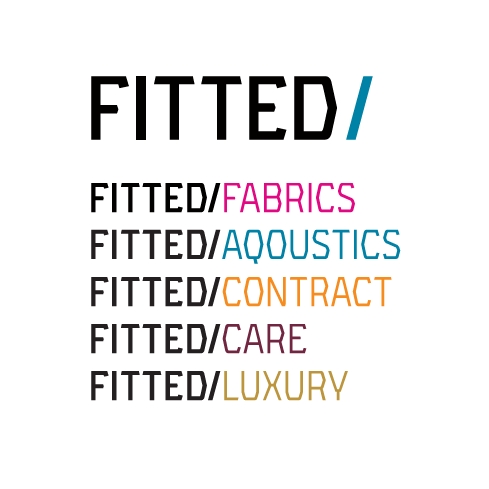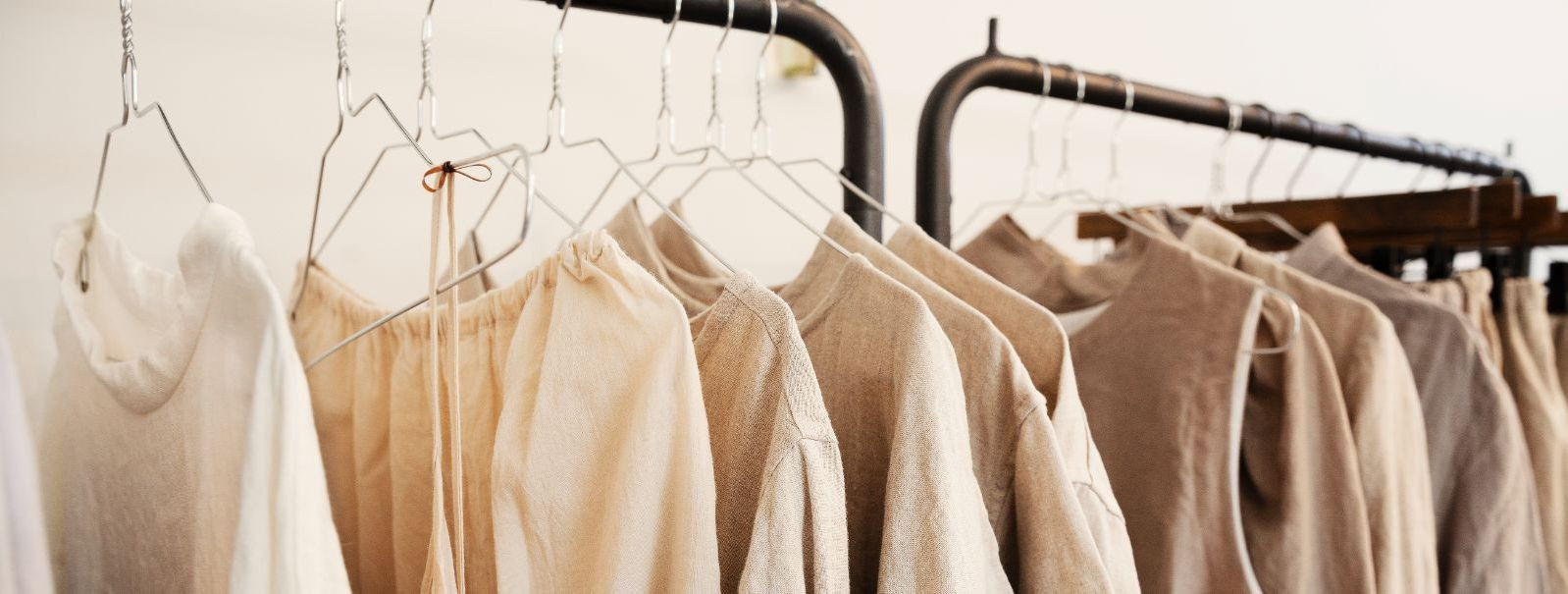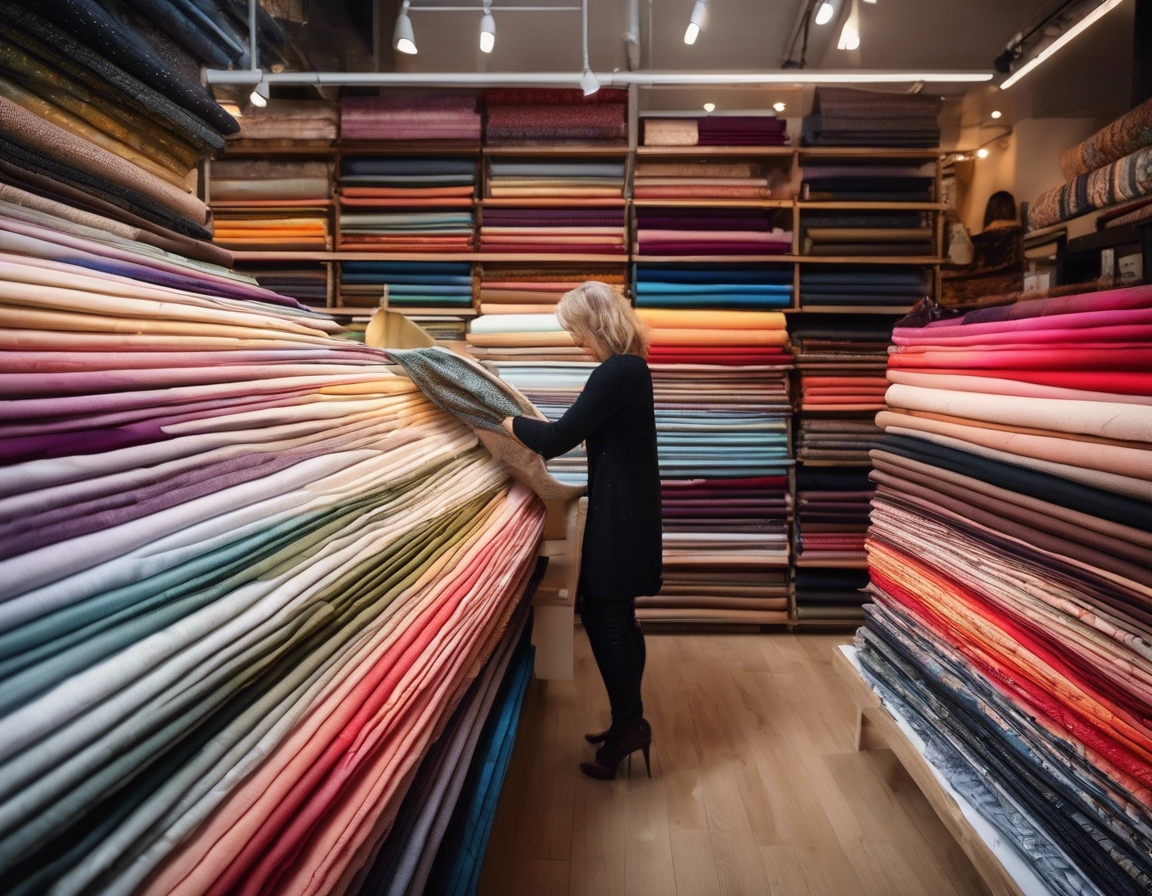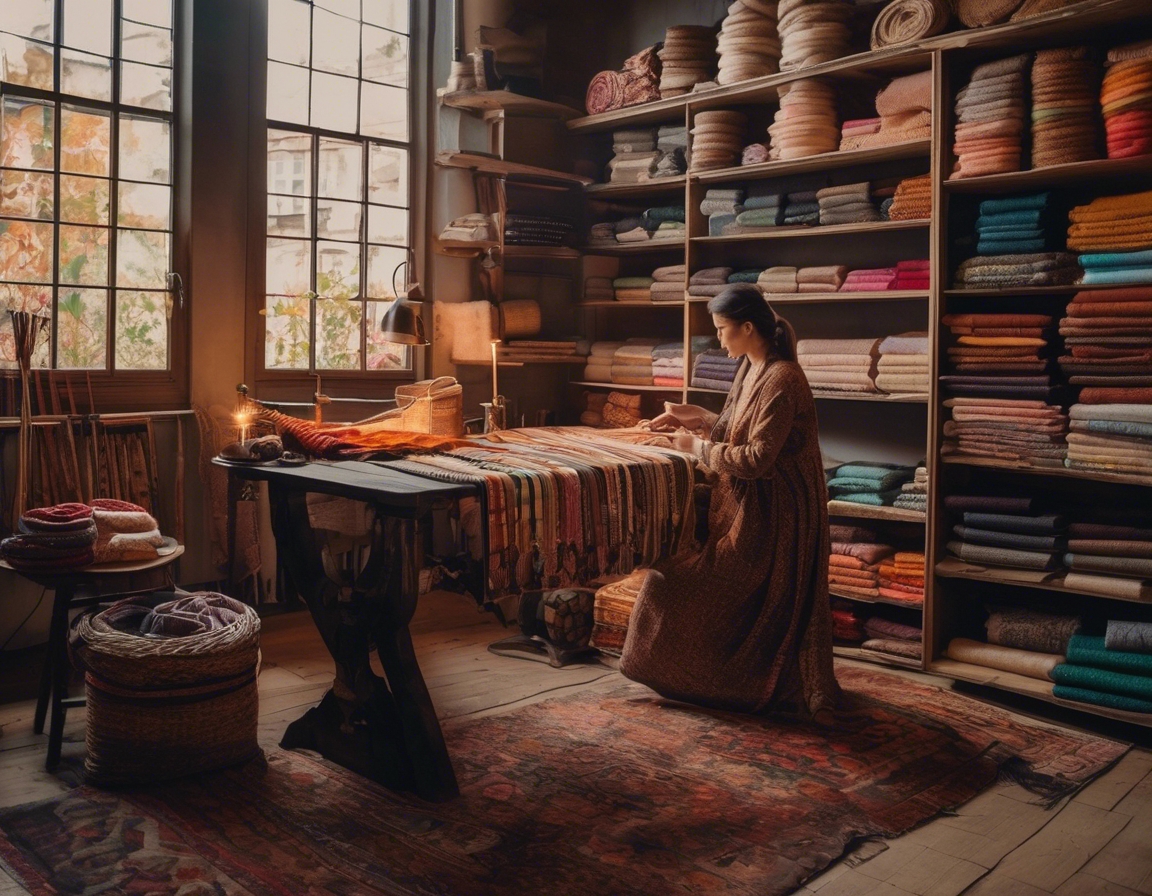The rise of ethical fabrics in fashion
In recent years, the fashion industry has witnessed a significant shift towards sustainability and ethical practices. At the heart of this transformation is the rise of ethical fabrics, which are materials produced with minimal environmental impact and fair labor practices. These fabrics are becoming increasingly popular among designers, manufacturers, and consumers who are committed to creating and purchasing clothing that aligns with their values of environmental responsibility and social justice.
The Importance of Ethical Fabrics in Modern Fashion
The fashion industry is one of the largest polluters in the world, contributing to water pollution, greenhouse gas emissions, and landfill waste. Ethical fabrics aim to mitigate these impacts by using sustainable materials and production methods. For instance, organic cotton is grown without harmful pesticides and synthetic fertilizers, reducing soil and water contamination.
Beyond environmental concerns, ethical fabrics also address social issues within the fashion industry. Many traditional fabric production processes involve exploitative labor practices. Ethical fabrics, however, are often produced under fair trade conditions, ensuring that workers receive fair wages and work in safe environments. This commitment to social responsibility is crucial for creating a more equitable fashion industry.
Types of Ethical Fabrics
Organic cotton is one of the most well-known ethical fabrics. It is grown without the use of synthetic pesticides and fertilizers, making it a more sustainable option compared to conventional cotton. Additionally, organic cotton farming supports biodiversity and healthier ecosystems.
Hemp is a highly sustainable fabric that requires minimal water and no pesticides to grow. It is also known for its durability and versatility, making it an excellent choice for a wide range of clothing items. Hemp's rapid growth cycle and ability to improve soil health further enhance its sustainability credentials.
Tencel, also known as lyocell, is a fabric made from sustainably sourced wood pulp, primarily from eucalyptus trees. The production process for Tencel is environmentally friendly, using a closed-loop system that recycles water and solvents. Tencel is biodegradable and known for its softness and breathability.
Recycled fabrics are made from post-consumer waste, such as plastic bottles and old garments. By repurposing these materials, recycled fabrics help reduce landfill waste and the demand for virgin resources. They are an innovative solution for creating sustainable fashion without compromising on quality or style.
The Role of Technology in Ethical Fabric Production
Advancements in technology have played a crucial role in the development and production of ethical fabrics. Innovations such as waterless dyeing techniques, digital printing, and 3D knitting have significantly reduced the environmental impact of fabric production. These technologies enable manufacturers to create high-quality, sustainable fabrics while minimizing resource consumption and waste.
Challenges in the Adoption of Ethical Fabrics
Despite the numerous benefits of ethical fabrics, there are still challenges to their widespread adoption. One of the primary obstacles is the higher cost of production, which can result in more expensive end products. Additionally, there is a need for greater consumer awareness and education about the benefits of ethical fabrics to drive demand. Overcoming these challenges requires collaboration between designers, manufacturers, and consumers to create a more sustainable fashion industry.
The Future of Ethical Fabrics in Fashion
The future of ethical fabrics in fashion looks promising as more brands and consumers embrace sustainability. As technology continues to advance and awareness grows, the adoption of ethical fabrics is expected to increase. This shift will not only benefit the environment and society but also drive innovation and creativity within the fashion industry.






Comments (0)